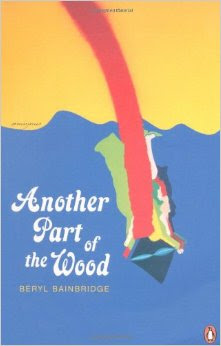A book that a very well-read colleague of mine gave me
because she found it quite abominable and wanted to see if I thought it was
just a matter of translation or not. Turns out, I thought it was quite abominable
too.
This is now the third novel by Marías that I have read, and
it’s by far the weakest of them. It begins like the other two (one of the
central characters gets killed off in the first paragraph) and I have the
feeling that the author put more effort into the first 20 lines than he did in
the rest of the book.
The dialogues are just extremely long monologues, the
supposedly deep reflections aren’t that deep, the decision to call the two main
characters Javier and Maria is, well, a bit petty (something that one would
expect from those writers that Marías spends his time dissing in this book),
and even the idea of a random assisted suicide is something that Paul Auster
has done so much better in In the Country
of Last Things.
So yeah, glad I didn’t buy the book myself.

















































